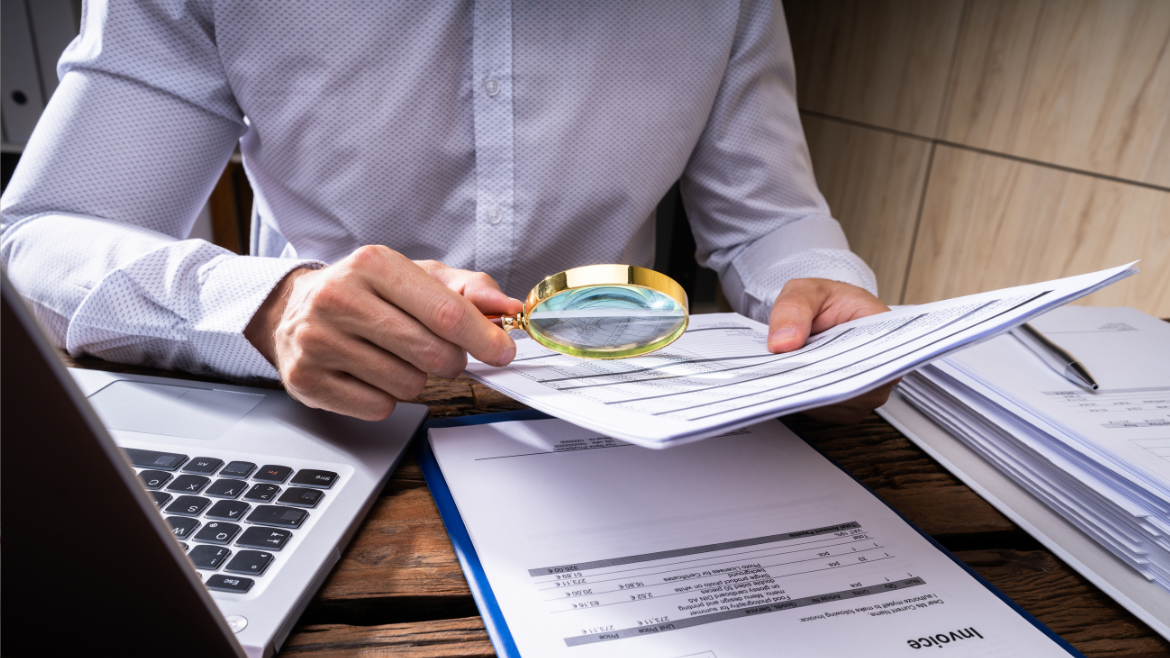
A financial statement audit doesn’t provide a guarantee against fraud, especially if management is involved in the scheme and intentionally misleads auditors. However, external auditors take steps to address fraud risks and can help safeguard your business.
ACFE report
External audits can be an effective antifraud control. Every two years, the Association of Certified Fraud Examiners (ACFE) publishes a study detailing the costs, schemes, perpetrators and victims of occupational fraud. “Occupational Fraud 2024: A Report to the Nations” reveals that losses incurred by victim organizations that had their financial statements audited by outside accounting firms were 52% less than those without audited financial statements. The ACFE identified only two other antifraud controls — surprise audits and management reviews — that were more effective at reducing fraud losses than external audits.
In addition, the report found that the median duration of fraud schemes was cut in half with the use of external audits. The time it took for victim organizations with audited financials to discover fraud schemes was 12 months, compared to 24 months for those without.
No guarantees
The purpose of an audit isn’t to detect fraud. Audited financial statements provide an express opinion about whether the financial statements are fairly presented, in all material respects, in conformity with U.S. Generally Accepted Accounting Principles (GAAP) or another comprehensive basis of accounting.
An audit provides a reasonable level of assurance that the company’s financial statements are free from material misstatement and conform with GAAP. However, external audits don’t provide absolute guarantees against “creative accounting” or inadvertent errors.
Fraud-related audit procedures
Auditors play a crucial role in ensuring the integrity of financial reporting and maintaining public trust. Here’s a detailed look at some specific audit procedures that may help companies prevent or detect fraud.
Risk assessments. These assessments identify areas where a company may be vulnerable to fraud to help prevent fraud before it happens. Auditors analyze the company’s operations, financial reporting processes, internal controls and industry environment to pinpoint potential risks. Then they develop audit plans focusing on high-risk areas, ensuring they receive appropriate scrutiny during fieldwork.
Testing. Financial transactions and account balances are tested to verify their accuracy and completeness. For example, auditors examine supporting documentation, such as invoices, contracts and bank statements, to ensure that transactions are legitimate and properly recorded. They also confirm accounts receivable and pending litigation and physically observe year-end inventory counts. Testing procedures help auditors detect anomalies or discrepancies that may indicate fraudulent activity.
Auditors are trained to recognize the warning signs of fraud, including unusual transactions, financial record inconsistencies and deviations from standard procedures. When auditors identify red flags, they may ask questions and conduct further investigations to determine whether fraud has occurred.
Monitoring compliance. Companies must comply with a wide range of laws and regulations, including those related to financial reporting, taxes and corporate governance. Auditors review compliance with these requirements and may discover areas of noncompliance that could signal fraudulent activity.
Auditors also promote ethical behavior within organizations. They assess the company’s code of conduct, ethics policies and whistleblower programs to ensure they are effective and properly enforced. They also may offer training and guidance on ethical issues, helping employees understand the importance of integrity and ethical behavior.
Bottom line
The ACFE reports that, on average, organizations lose 5% of their revenue to fraud each year. So, it’s important to be vigilant. While audits can be an effective way to reduce fraud risks, auditing procedures differ from forensic investigation procedures. (See “Traditional accounting vs. forensic accounting,” below.) If your auditor discovers errors or other suspicious activity during fieldwork, he or she may recommend following up with a forensic accounting investigation.
Sidebar: Traditional accounting vs. forensic accounting
Accounting is a broad field that includes various specializations. Two common specializations are traditional accounting and forensic accounting. Each serves a distinct purpose. While both involve the analysis and reporting of financial information, they differ in many ways.
Traditional accounting
The primary objectives of traditional accounting are 1) to record, classify and summarize financial transactions, and 2) to create reliable financial statements for management and external stakeholders to use to make informed business decisions. Financial statements are typically prepared in accordance with accounting standards and regulations, such as U.S. Generally Accepted Accounting Principles or International Financial Reporting Standards.
Traditional accounting is an integral part of day-to-day financial management, regulatory compliance and strategic planning. Services that fall under this specialization include compilations, reviews, audits and agreed-upon-procedures engagements. Accountants also may help companies with routine accounting tasks, such as bookkeeping, budgeting and tax preparation.
Forensic accounting
Forensic accountants focus on investigating financial discrepancies and fraud. Their primary objective is to uncover financial misconduct, gather evidence and support legal proceedings. They may serve as expert witnesses when companies take legal actions against fraud perpetrators or when shareholders sue over allegations of fraudulent reporting or breach of fiduciary duty. Forensic accounting may be needed in cases of embezzlement, money laundering, insurance claims and bankruptcy.
The scope of forensic accounting extends beyond traditional financial analysis. Forensic accountants often work closely with law enforcement, legal professionals and regulatory agencies. Various investigative techniques are used to detect and analyze financial irregularities. This includes tracing transactions, examining financial records and conducting interviews. Specialized tools and software may be used to analyze large volumes of data, identify patterns, and uncover hidden assets or fraudulent activities.
Forensic accounting requires a blend of accounting, investigative and legal skills. Accountants that specialize in this niche must know how to detect fraud, analyze complex financial data, and present their findings in a clear and concise manner. Because forensic accounting reports may be used in legal proceedings, they must be thorough, accurate and legally defensible.
© 2024





